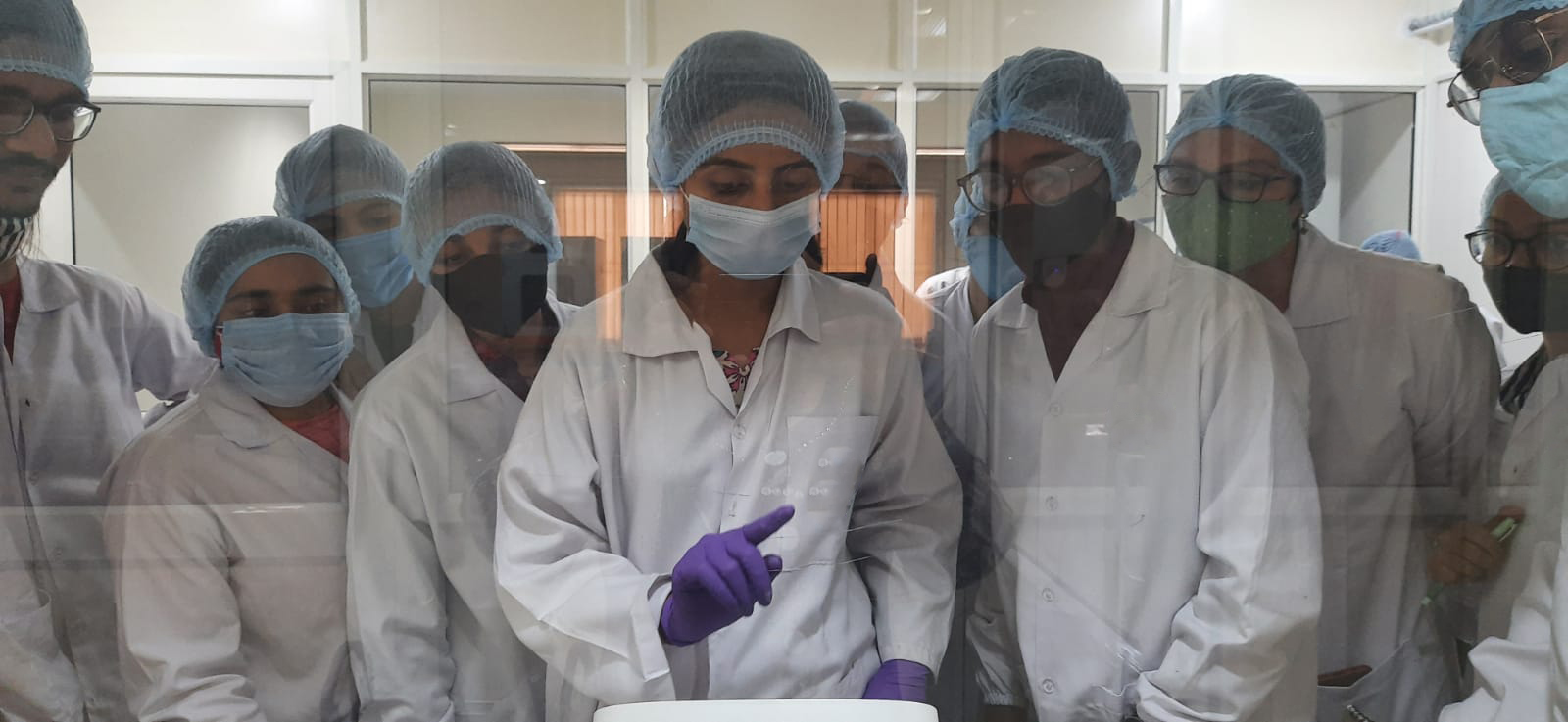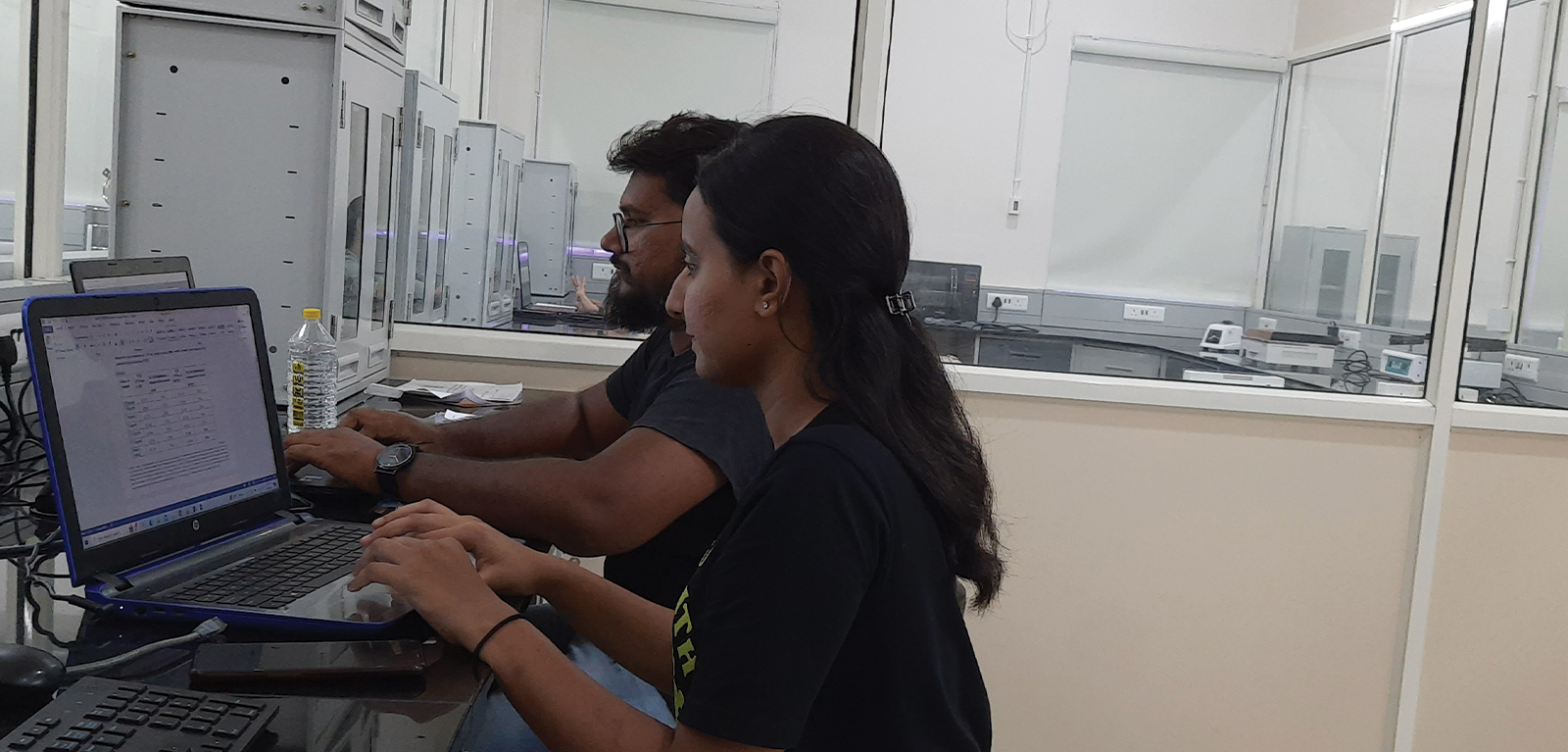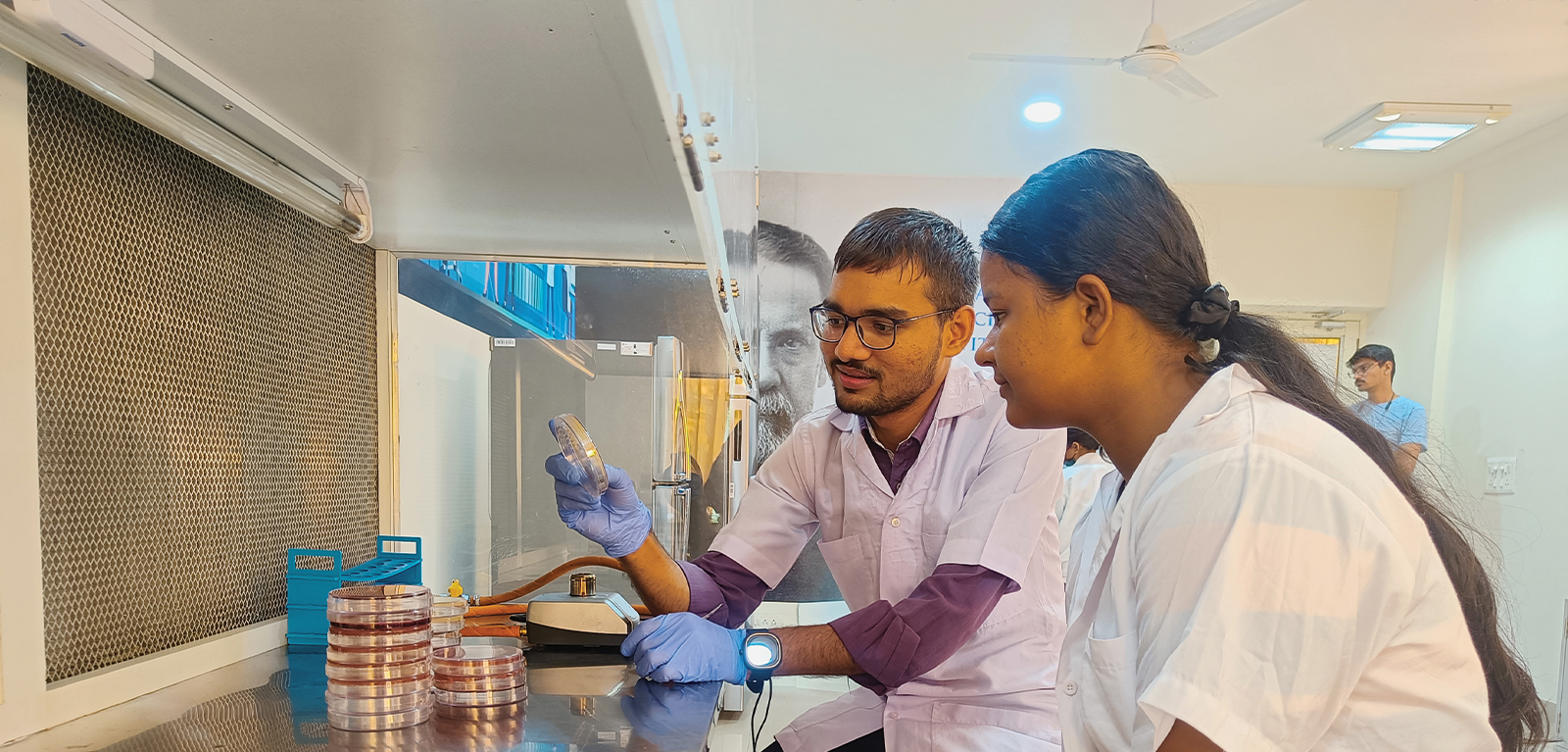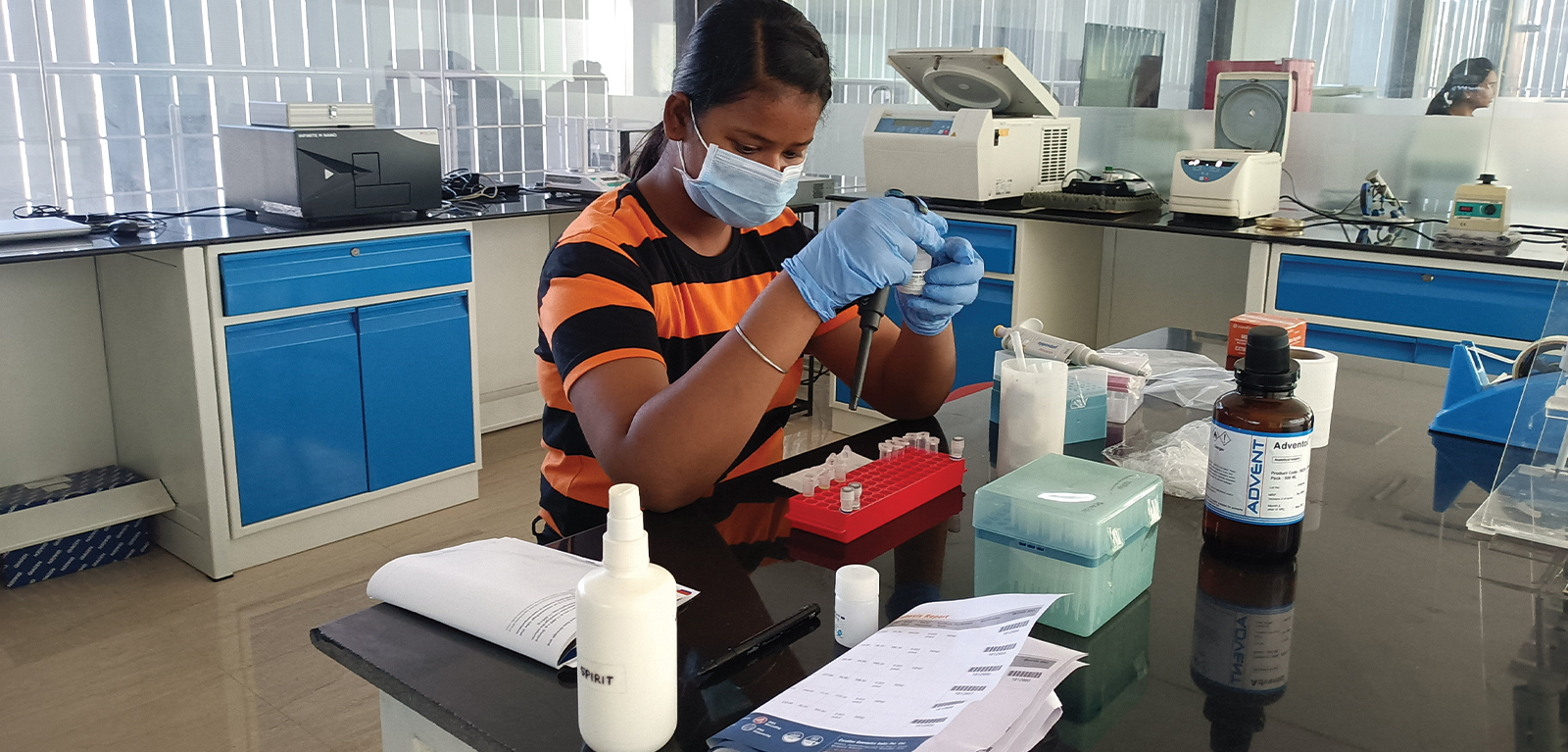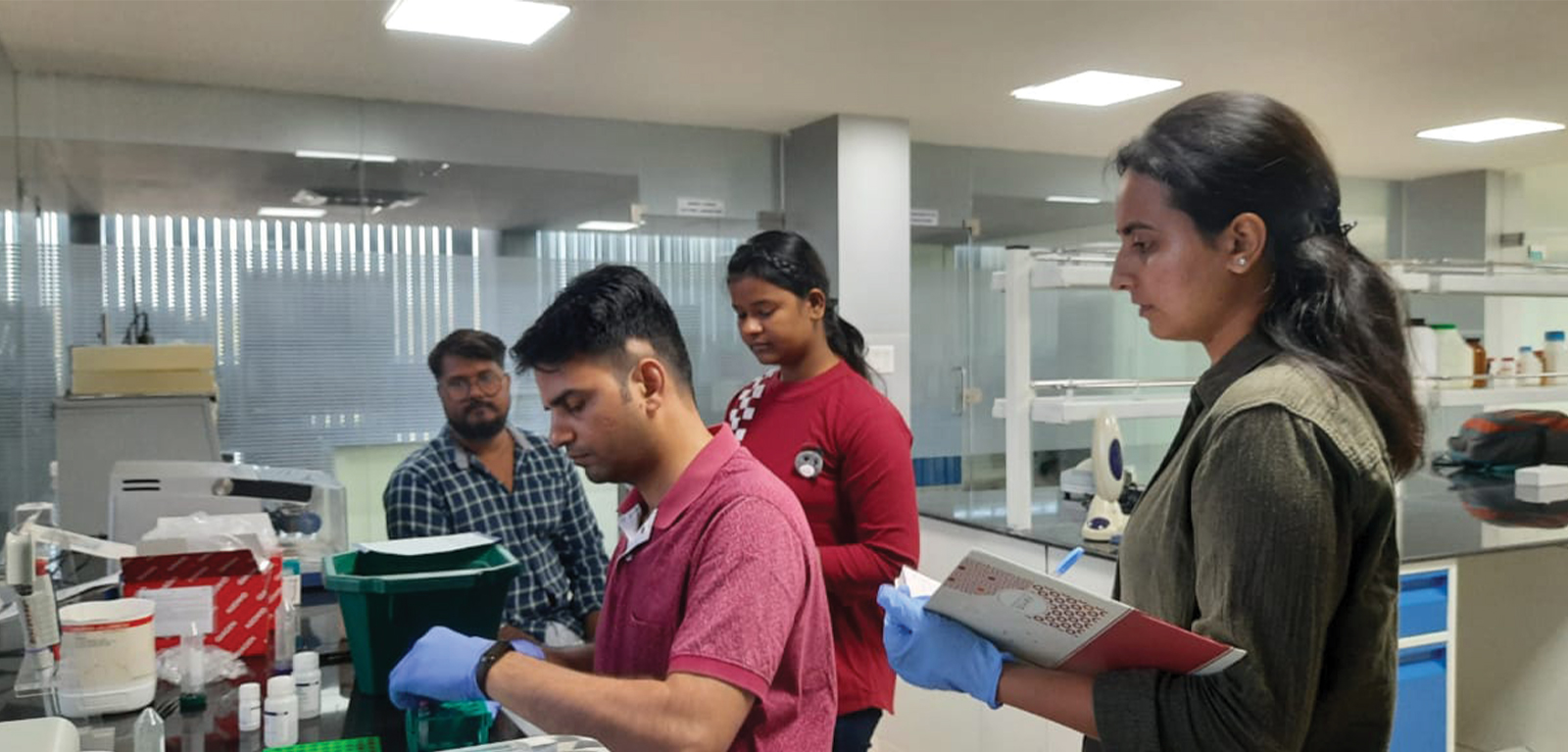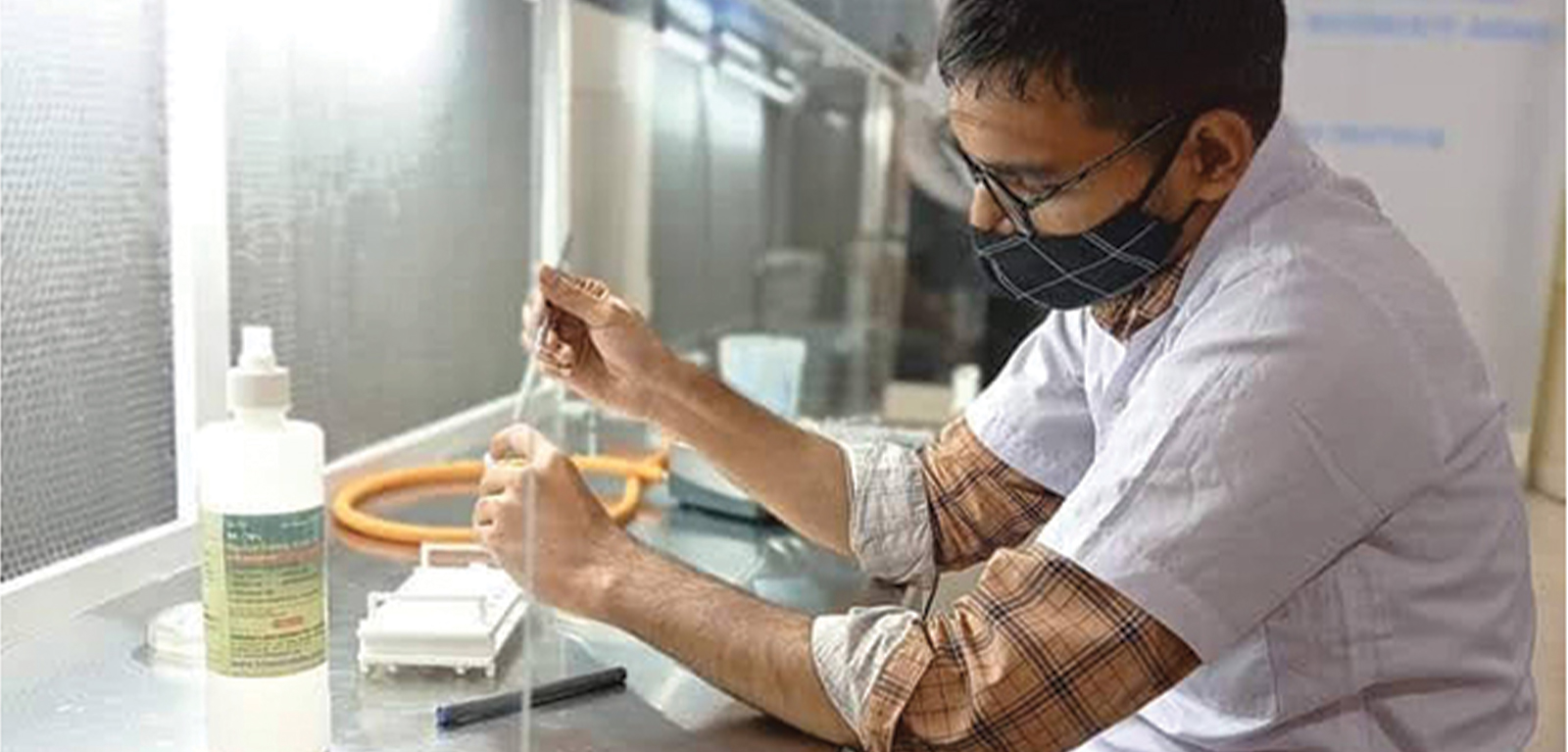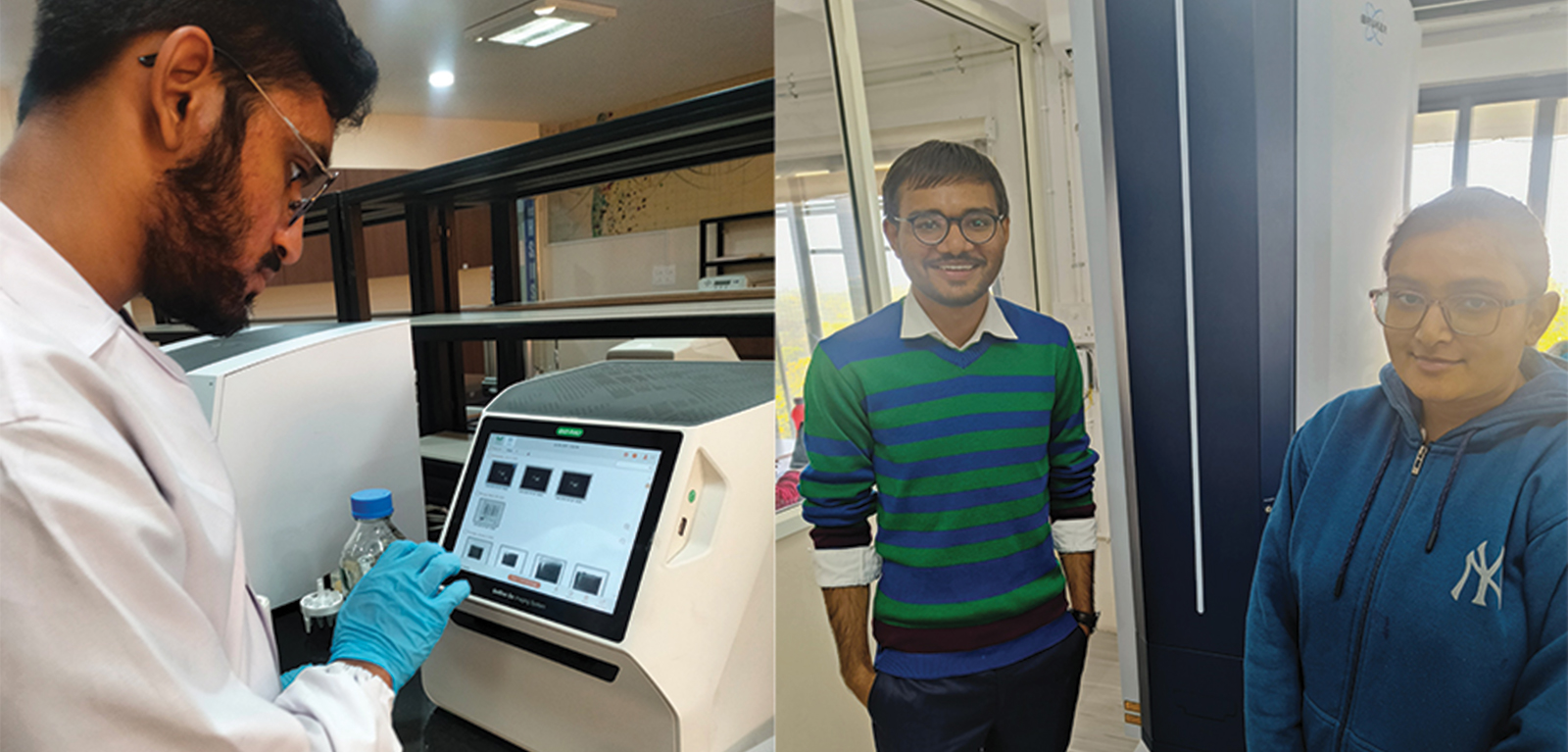RESEARCH
Translational Omics
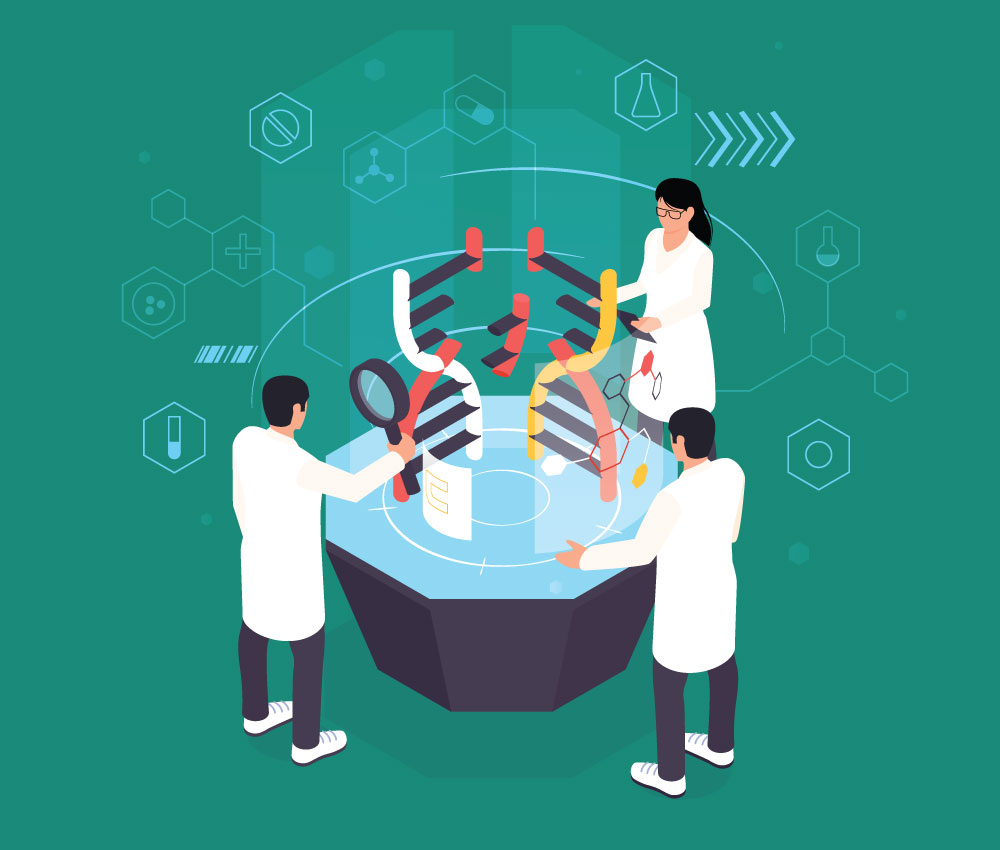
At our lab, we are actively working on advancing the field of translation omics. We believe that by combining multiple high-throughput techniques, we can better understand the complex molecular mechanisms involved in gene expression and protein synthesis. Our team is composed of experts in genomics, transcriptomics, proteomics, and other omics technologies, allowing us to approach this research from multiple angles.
Our primary goal is to identify the specific proteins that are synthesized in response to different stimuli, such as disease or environmental changes. By using cutting-edge techniques, such as mass spectrometry and ribosome profiling, we can identify the proteins that are produced by cells at specific times and under specific conditions. By analyzing this data, we hope to better understand how changes in gene expression and protein synthesis contribute to the development and progression of various diseases.
In addition to our research, we are also committed to training the next generation of translation omics researchers. We regularly host workshops and training sessions to teach others about these advanced techniques and how to use them to answer important biological questions. By sharing our knowledge and expertise, we hope to accelerate the pace of research and ultimately improve human health.
Microbial Diversity
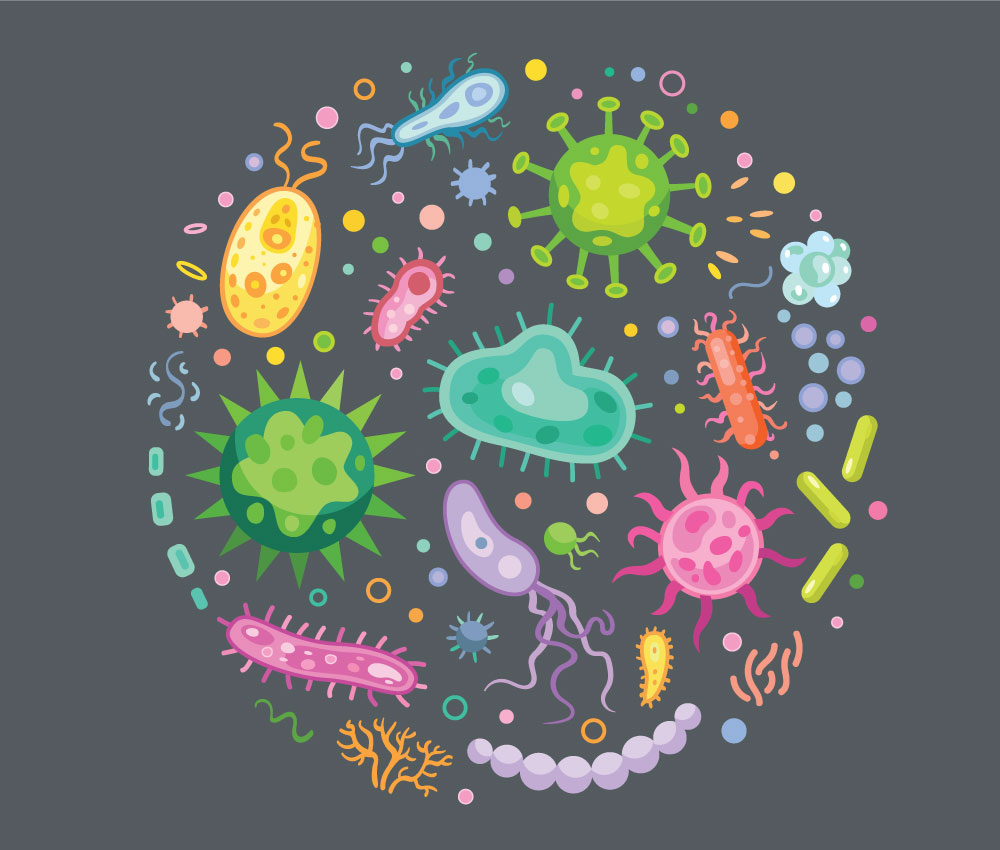
At our lab, our team is dedicated to studying microbial diversity. Microbes, such as bacteria, archaea, and fungi, are incredibly diverse and play crucial roles in many aspects of our lives, from the environment to human health.
Our research focuses on understanding the diversity and function of microbial communities in different environments, such as soil, water, and the human gut. We use a range of techniques, including metagenomics, metatranscriptomics, and metabolomics, to analyze the genetic and biochemical makeup of microbial communities.
Our team includes experts in microbiology, bioinformatics, and ecology, who work together to develop innovative approaches to studying microbial diversity. By understanding the complexity and functions of microbial communities, we hope to develop new strategies for managing and manipulating these communities for a wide range of applications, including bioremediation, agriculture, and medicine.
We are committed to open science and data sharing, and we work closely with other researchers to advance our understanding of microbial diversity. Ultimately, our goal is to contribute to a deeper understanding of the importance of microbial diversity in our world and how we can harness this diversity for the benefit of society.
Microbial Genome Binning
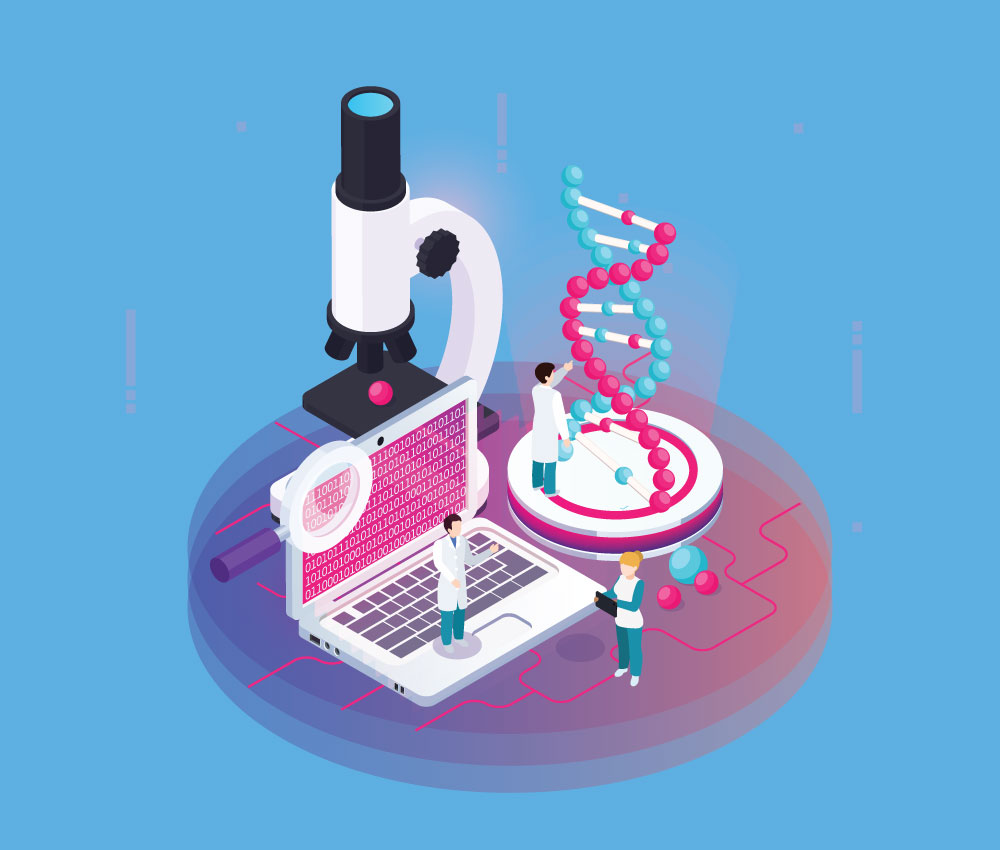
Microbial binning is an important process in metagenomics, which involves the analysis of genetic material from environmental samples containing mixed microbial communities. The goal of microbial binning is to separate the DNA sequences obtained from these samples into distinct groups based on their similarity to each other, with the aim of identifying the individual microbial species present in the sample.
Microbial binning is accomplished through computational methods such as sequence similarity, gene content, and coverage analysis. These methods enable researchers to identify and separate different genomes in the sample, providing valuable information about the composition and functional properties of the microbial community.
At our lab, we specialize in microbial binning and other metagenomic analysis techniques. Our expertise in these areas allows us to provide comprehensive insights into microbial communities in various environmental samples, including soil, water, and air. Our work has important implications for fields such as bioremediation, agriculture, and environmental monitoring.
Bioprospection
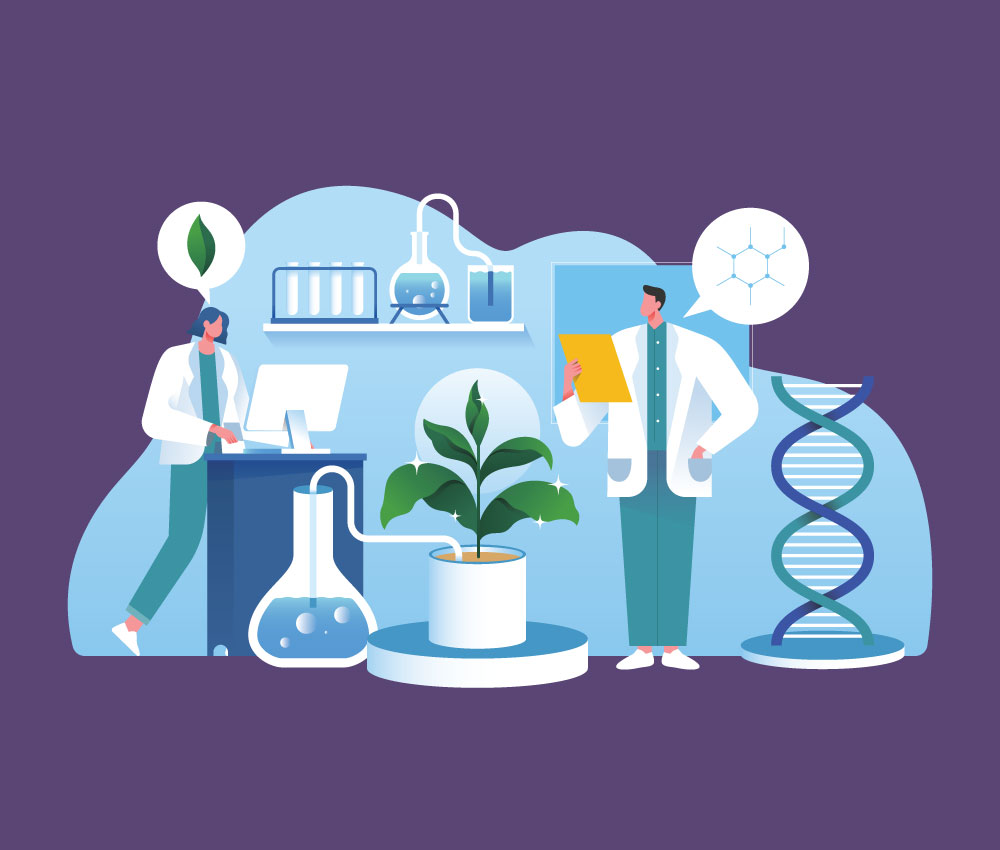
We are particularly focused on marine-derived bioprospection. The oceans are a rich source of biodiversity, and many marine organisms produce unique and biologically active compounds that are not found on land. Our research is dedicated to identifying and characterizing these compounds for use in medicine, cosmetics, and other industrial applications.
We use a range of techniques to identify and isolate natural products from marine organisms. This includes underwater sampling, as well as advanced molecular and analytical techniques. We also collaborate with other labs to conduct bioassays and determine the biological activity of the compounds we identify.
We are committed to sustainable and responsible bioprospection practices. We work closely with local communities and conservation groups to ensure that our research is conducted in an ethical and environmentally friendly manner. Our goal is to contribute to the development of new medicines and other products that benefit society while preserving the delicate ecosystems of the world’s oceans.
Anti-Microbial Resistance (AMR)

We are focused on tackling the growing problem of antimicrobial resistance. Antimicrobial resistance occurs when bacteria, viruses, fungi, or parasites evolve to become resistant to the drugs used to treat them. This makes infections more difficult to treat and can lead to increased morbidity and mortality.
Our team includes experts in microbiology, immunology, pharmacology, and molecular biology, who work together to develop innovative approaches to tackling antimicrobial resistance. We use a range of techniques, including high-throughput screening, gene editing, and advanced imaging, to study the mechanisms of resistance and emerging AMR’s.
We are committed to working with other researchers, public health organizations, and policymakers to address the global threat of antimicrobial resistance. In context to the same, we are currently part of the network program on AMR surveillance, an initiative by the Gujarat state government.
Molecular Diagnostics
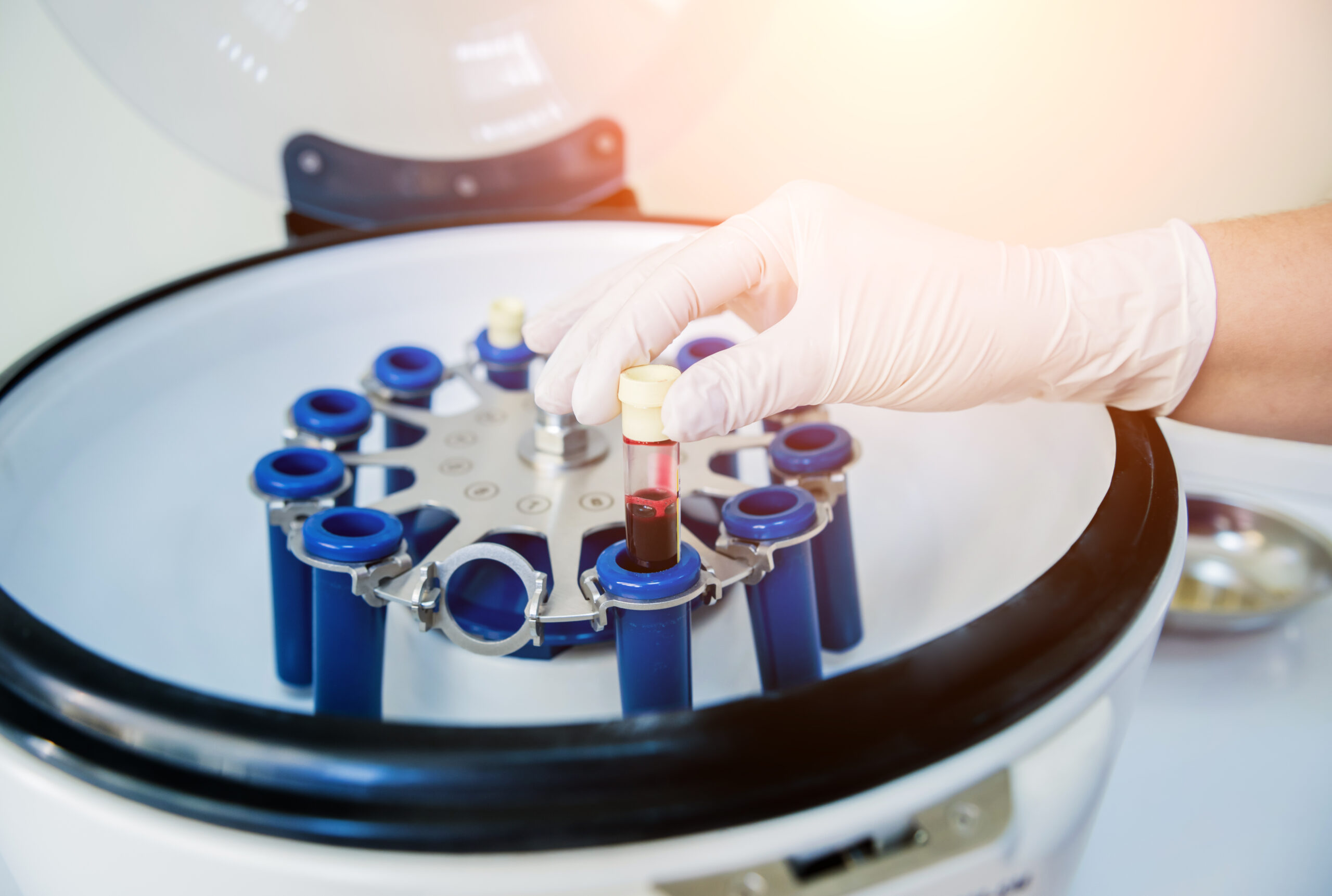
Our research focuses on developing new and innovative molecular diagnostic tools that are faster, more accurate, and more sensitive than traditional diagnostic methods. We use a range of techniques, including PCR, next-generation sequencing, and microarray technology, to analyze DNA, RNA, and proteins in clinical samples.
Our team includes experts in molecular biology, bioinformatics, and clinical research, who work together to develop new diagnostic assays for infectious diseases. We also collaborate with healthcare providers and clinical laboratories to ensure that our diagnostic tools are practical and effective in real-world settings.
